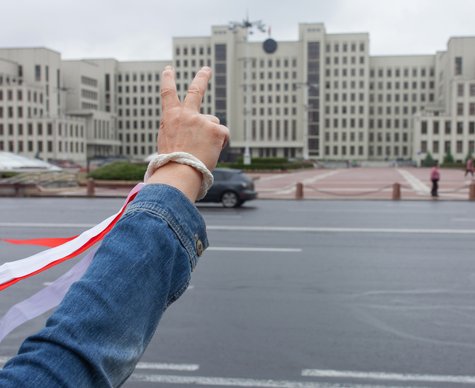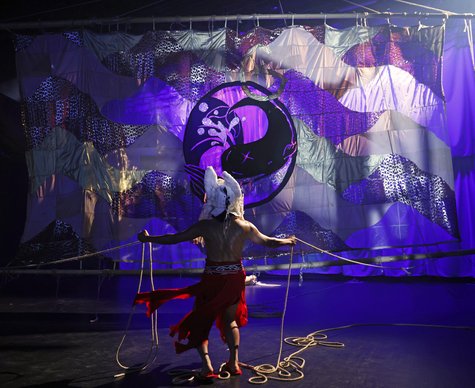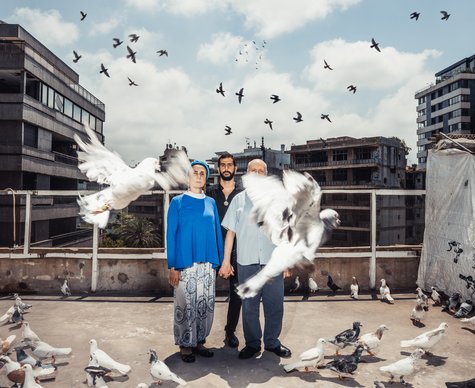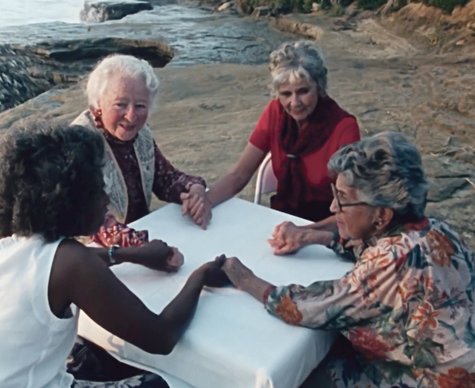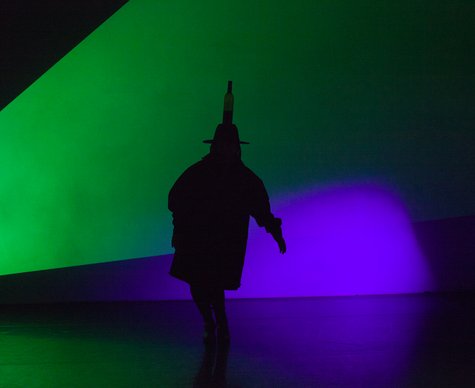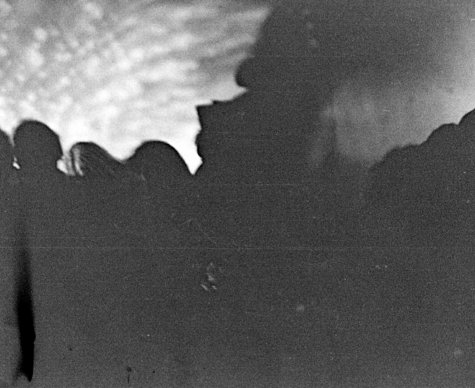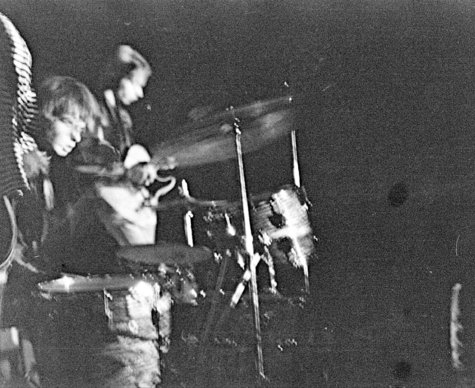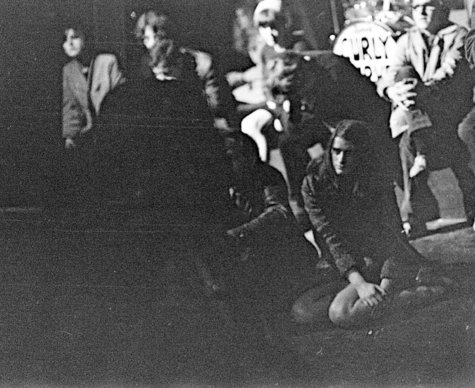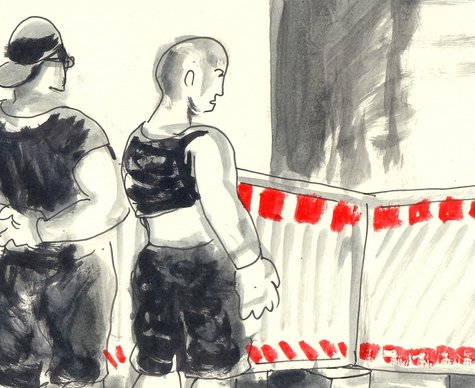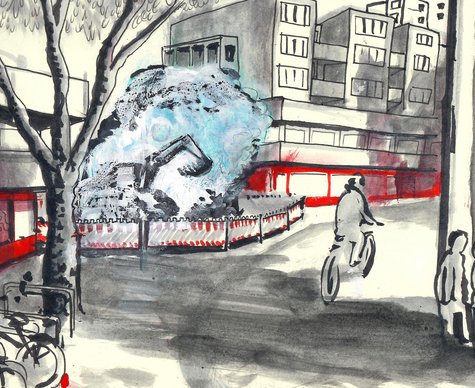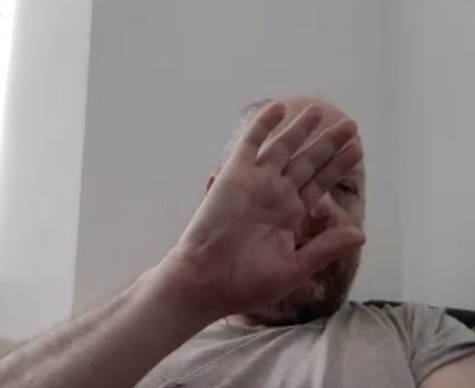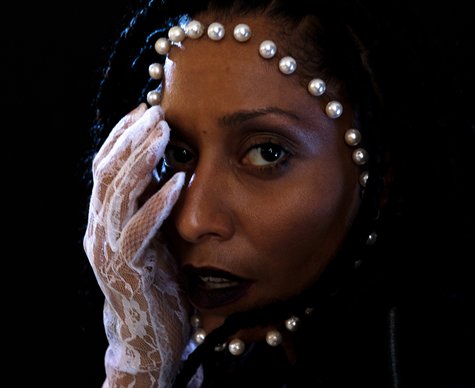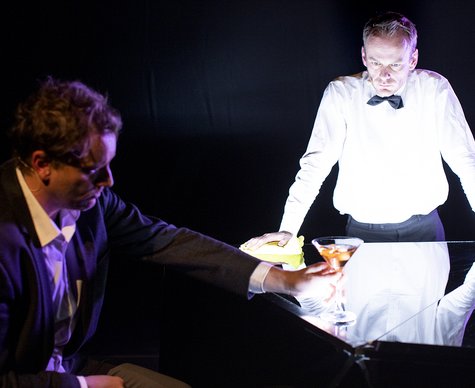Conception and stage direction: Jérôme Bel / Assisted by: Maxime Kurvers / By and with: Sven Hiller, Alexandra Holownia, Sedef Iskin, Jennifer Koch, Marquet Lee, Mara Lemac, Mario Lemac, Sonya Levin, Katharina Maasberg, Fee Aviv Marschall, Eva Meyer-Keller, Zowie Quickert, Kajsa Repotente, Annika Ströhmann, Lajos Talamonti, Jessica Taylor, H / Artistic advice and company development: Rebecca Lee / Assistants for the restaging: Simone Truong, Frédéric Seguette / Costumes: by the dancers / Technical Direction: Gilles Gentner / Administration: Sandro Grando
Jérôme Bel
Gala
- Dance
- Theatre
An evening for all generations! “Gala” offers a different approach to dance. In this collective art form, Jérôme Bel’s project brings together Berlin dance professionals and amateurs of diverse backgrounds. The different acts never call on us to pass judgement, but they reveal the way in which each person’s cultural repertoire involves them in a singular relationship with that desire for something else that dance is.
After “Disabled Theater”, a piece performed by a troupe of mentally handicapped actors, and “Cour d'honneur”, which put a group of spectators centre stage, “Gala” uses the same question as its starting point: how can we bring to the realms of onstage representation individuals and bodies that are all too often excluded from such a possibility? How can we make best use of all the various resources of this unique apparatus, the theatre - with its codes, venues, genres and professionals - in order to enlarge the perimeter of what can be shown in it? And how can we (re)shape it into a democratic means that lies within the grasp of all those drawn to dance, singing and the performing arts?
Driven on by the experience of the 'danse et voix' workshops, run with amateurs, Jérôme Bel sought to set down a flexible framework to travel with, and which could give rise to a wide variety of forms. He wanted it to be accessible to amateurs from all different horizons and to provide them with the opportunity to give their all and make the project their own. In doing so, he took that most 'commonplace' of theatrical experiences: the gala, a festive, group occasion, spanning end-of-year shows and amateur performances. He then subverted the genre in order to cover different styles and fragments of stories, which would build up an inventory of a dance 'with no particular qualities' and bring out all the possible relationships that are unique to the body and voice. What is it that makes us dance? How do we watch dance that might be fragile and precarious without indulging in notions of judgement, such as 'well done' or 'badly done'?
The result is a gala that is bitty, patched up, traversed by moments of reflection, like galleries of living portraits. With its ‘Fail again. Fail better’ emphasis, “Gala” goes from one theatre to the next, like 'a mirror taking a stroll by the side of a road', and brings home to us something about the making of those we are watching as well as the way we watch.
Cast
By viewing the video you agree that your data will be transmitted to and that you have read the privacy policy .
[Translate to EN:]
Dates
Credits
Production : R.B. Jérôme Bel (Paris). Coproduction: HAU Hebbel am Ufer (Berlin), Dance Umbrella (London), TheaterWorks Singapore/72-13, KunstenFestivaldesArts (Brussels), Tanzquartier Wien, Nanterre-Amandiers Centre Dramatique National, Festival d'Automne (Paris), Theater Chur and TAK Theater Liechtenstein (Schaan) - TanzPlan Ost, Fondazione La Biennale di Venezia, Théâtre de la Ville (Paris), BIT Teatergarasjen (Bergen), La Commune Centre dramatique national d’Aubervilliers, Tanzhaus nrw (Düsseldorf), House on Fire with the support of the European Union cultural program.
Supported by: Centre National de la Danse (Pantin), Ménagerie de Verre (Paris) in the framework of Studiolab for providing studio spaces. Thanks to: the partners of the dance and voice workshop, NL Architects and Les rendes-vous d’aillieurs. R.B. Jérôme Bel is supported by Direction régionale des affaires culturelles d'Ile- de-France, French Ministry for Culture and Communication, and by the Institut Français, French Ministry for Foreign Affairs, for its international tours.
Location
HAU1
Stresemannstr. 29, 10963 BerlinThere are two marked parking spots in front of the building. Access to the Parkett by means of a separate entrance with lift when necessary. Barrier-free restroom facilities are available. Tickets for wheelchair users and accompanying persons can be booked via the ticketing system. If you need any help, please contact our Ticketing & Service team at +49 (0)30 259004-27 or send us an email at
tickets@hebbel-am-ufer.de.





























